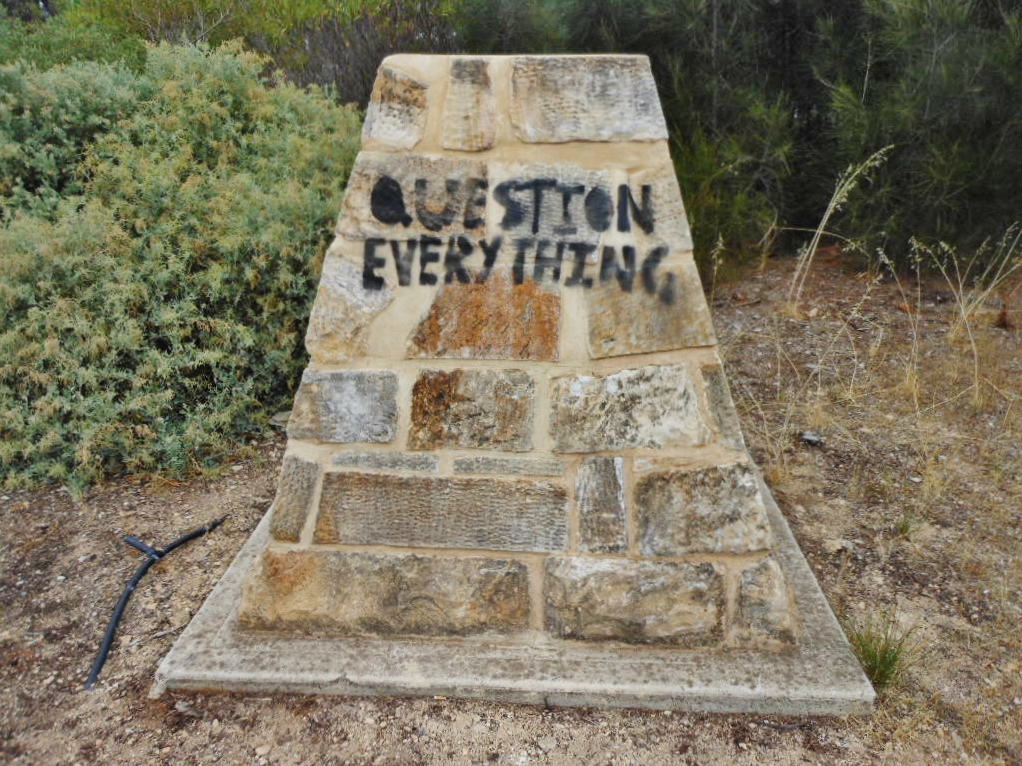 The pages of Spiderman always seemed to sum it up the best:
The pages of Spiderman always seemed to sum it up the best:
“With great power comes great responsibility.”
But how do you teach responsibility? It’s a question I’ve struggled with as an educator since my first day of student teaching, and it’s even more pressing now as a father. Uncle Ben had to die before Peter Parker came to his conclusion, so for my brother’s sake, I need to get the message across to Quinn and Sam in a less dramatic way. I always tried to teach responsibility in my classroom, but I doubt that I succeeded.
There were point sheets, class incentives, and the occasional bribe. I designed my own currency (“HopCash”) and created an elaborate token economy. We faithfully recited our PBIS motto each morning, and I dutifully delivered our explicit social skills lesson every few weeks. I wouldn’t hesitate to call parents or assign extra work to hold students accountable, and regrettably, sometimes I did it in front of the class. (If you fail to see why that’s such a bad idea, take a few moments to read this excellent blog post by Chad Donohue and decide if you’re creating a psychologically safe learning environment.)
If any of this actually taught my students responsibility, I’m convinced their learning was entirely incidental. The rewards taught them the value of compliance, that following rules was the way to get ahead in school. The punishments just gave them a reason not to get caught, which ironically, showed me just how clever some of them could be. I came closest to teaching responsibility with the social skills lessons, but since they were often taught in isolation, it rarely resulted in lasting behavior change.
So what to do? How can I teach responsibility to my kids without a tragic, life-altering event or a disjointed system of carrots and sticks? I’ve come to the conclusion that the magic bullet doesn’t exist. Simply take advantage of life’s teachable moments, but don’t use them as an opportunity to humiliate or demean. Always model responsible behavior, and when you make a mistake, own up to it. That last action is probably the most important, for to teach responsibility is to take responsibility, even for those actions that we later regret.

 I loved
I loved